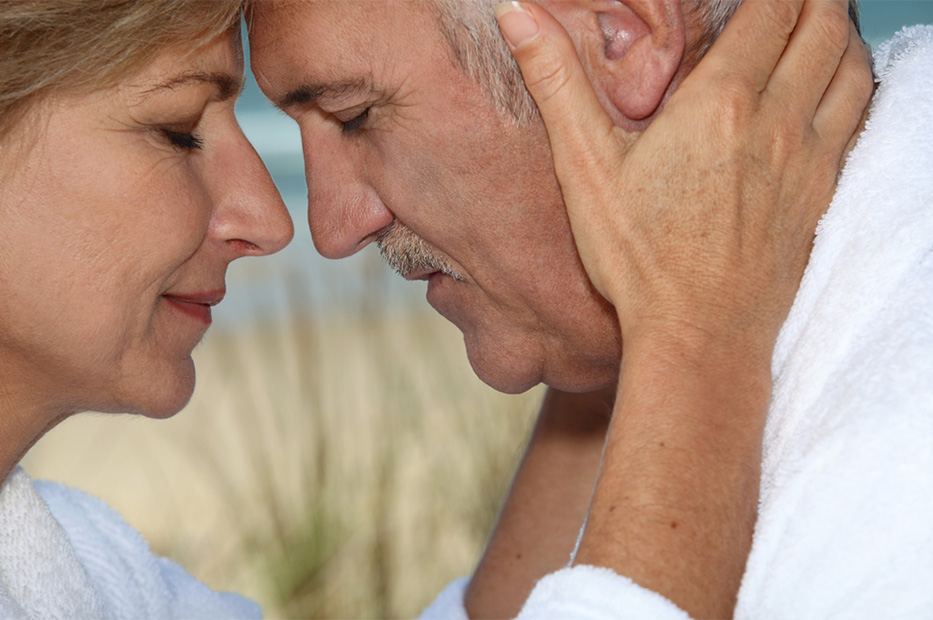Suicide is a social tragedy, little is known about it and much is misunderstood. The stigma surrounding suicide complicates the healing process.
After the initial shock you may feel angry, guilty, and of course, sad. These feelings may overwhelm you all at once, and immediately, or they may surface in the weeks, months, and years ahead. You may handle them well initially only to have them return for no apparent reason. These feelings, and the helplessness that comes with them, will pass. Try to understand and accept the things you feel. It is okay, it is healthy, and it is all part of the healing and coping process.

As a relative or loved one coping with death by suicide, you may experience anger, often directed at the deceased. Don’t try to deny or hide this anger. It is a natural consequence of the hurt and rejection you feel. Your anger with the deceased is normal when the manner of death is suicide. The deceased has thrown your emotions into turmoil, and caused pain for you and for others you care about. Don’t deny your anger. Talk about it, think about it, and constructively deal with it.
Perhaps the most intense anger you experience will be the way you feel about yourself. This anger is closely linked with feelings of guilt. If the deceased was someone with whom you had regular close contact, your guilt may possibly be intense. And if the death came as a complete surprise, you will be desperately searching for reasons and answers.
It is vital to break the painful wall of silence surrounding this death. Only then can you start out on the road of grieving. Emotions of guilt, fear and shame as well as profound grief await those who embark on this journey.
The wound must be reopened for it to truly heal. More than anything, you need to find meaning and make sense of what happened.